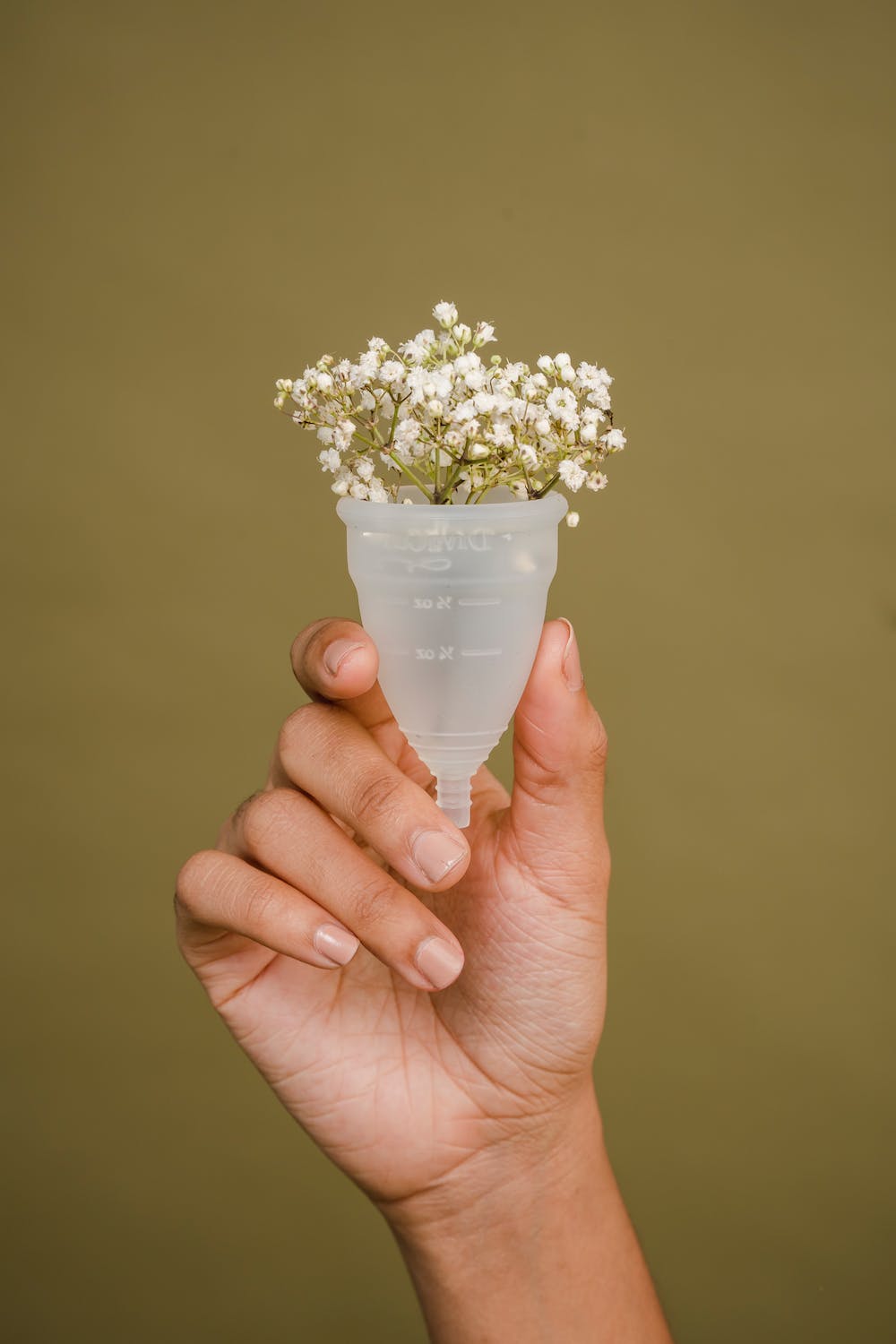Watery discharge is a fluid produced by the cervix that changes throughout the menstrual cycle. The wet cervical mucus indicates fertility, while watery discharge after ovulation is no longer clear and slippery, it tends to be cloudy and thick.
What is watery discharge?
It is a type of vaginal discharge produced by certain glands in the cervix and plays an important role in reproduction, it’s also called cervical mucus and it is mainly composed of water, salts, proteins such as mucin, and fat cells.
It also contains immune system elements (antibodies, immunoglobulins, and cytokines.
Cervical mucus acts as the first line of defense against infectious agents tending to enter your genital tract.
Its other key role is keeping your cervix lining moist and allowing or blocking the passage of nutrients, gasses, and sperm.
Why do you have watery discharge?
At the start of the menstrual period, your discharge tends to be thick. The proteins in the cervical mucus act as a barrier for sperm and other agents.
As estrogen increases, water also increases while mucin decreases which makes your watery discharge after ovulation thicker.
How does watery discharge affect sperm?
Watery discharge after ovulation keeps sperm safe from acids within your vagina and guards it along its journey through your reproductive tract.
Researchers have suggested that having sex when you experience watery discharge after ovulation increases the chance of conception.
Vaginal mucus facilitates the passage of sperm through your cervix, and it also supports capacitation — when sperm become mature and can penetrate the outer wall of an egg and fertilize it.
The immune system of watery discharge during ovulation can enhance fertility, and anti-sperm antibodies can sometimes:
- interfere with sperm’s trek through your genital tract
- enhance sperm’s ability to penetrate and fertilize an egg
- affect an embryo before it implants in the uterus.
The presence of ASA does not point to infertility since it might be detected in typically fertile individuals.

What does watery discharge after ovulation look like?
After ovulation the estrogen levels drop, and you may have less watery discharge. Sometimes you may even have dry days. When you come with the second half of your cycle, many hormonal changes would alter the cervical mucus consistency to prepare for pregnancy.
Watery discharge after ovulation becomes thicker and whiter. This is normal and generally a good sign.
Around ovulation, the discharge becomes thin to help with sperm motility. It also filters out unhealthy sperm and lets only the best sperm reach the ovum for fertilization.
Whether you are trying to achieve or avoid pregnancy, tracking watery discharge after ovulation can help target the time of conception. This is known as cervical monitoring.
Stages of watery discharge
- During your period: excessive blood will not make it noticeable.
- After your period: you may have dry days, and you won’t notice any discharge.
- Before ovulation: your body produces mucus, it may be yellow, white, or cloudy.
- Immediately before ovulation: when estrogen levels increase just before ovulation, your mucus gets more clear, watery, and slippery. It can look like egg yolk.
- During ovulation: clear and stretchy discharge will remain during ovulation.
- After ovulation: there will be less watery discharge after ovulation. The mucus may be thick, cloudy, or gluey.
Cervical mucus can indicate when you are fertile or the best time to conceive, This method is called the cervical mucus method for natural family planning. 
Reasons for watery discharge
The vagina produces discharge to clean and protect itself against infections.
Watery discharge & Ovulation
You may have a watery discharge with the consistency of egg whites, which would indicate the onset of ovulation. This is the best time to have sex in order to conceive.
Watery discharge & Sexual arousal
You will notice a wet feeling when you are getting ready for sex due to the presence of glands inside your vagina that secrete fluids to help lubrication during intercourse.
Watery discharge & pregnancy
Cervical mucus plays an important role in protecting pregnancy, the body increases its production of vaginal discharge to stop infections.
Watery discharge & menopause
The vagina produces less discharge as the estrogen levels decline. The discharge may also be clear, thin, white, and odorless.
Watery discharge & exercise
It is normal to notice more watery discharge after doing exercise, It is believed to happen due to the abdominal pressure when you work out.
Watery discharge & birth control
Many medications and intrauterine devices affect the consistency of cervical mucus. They can increase the amount of watery discharge and make it thick. 
How to deal with watery discharge
It is normal to have watery discharge after ovulation and it is a sign of a healthy vagina. There is no need to try to stop the discharge but it is advisable to use sanitary protection pads.
- Use sanitary pads to avoid the wet feeling.
- Tampons are not a good choice because they might bring microbes to your vagina.
- Wash out the excessive discharge and keep yourself clean.
- Avoid deodorants and sprays which can be irritating.
When to see a doctor
Be aware of unusual odor, color, or texture of cervical mucus, you have to consult a doctor if:
- Excessive watery discharge than normal.
- Discharge has an abnormal appearance.
- Bloody discharge between periods or after sex.
- The vagina is sore or itchy.
Meanwhile, as mentioned before, watery discharge after ovulation is a white cloudy, glue-like discharge, which is normal and healthy.
On the other hand, some vaginal discharges are considered unhealthy and can be an indication of different sexually transmitted diseases, like chlamydia and gonorrhea.
Summary
Clear, watery discharge after ovulation is generally normal. Furthermore, watery discharge can happen at any time in your cycle.
The quantity of liquid discharge is always linked to ovulation, sexual arousal, or pregnancy.Though watery discharge after ovulation is normal, it’s important to notice if it comes with pain, swelling, or bad odor.
Read more about:


You must be logged in to post a comment.